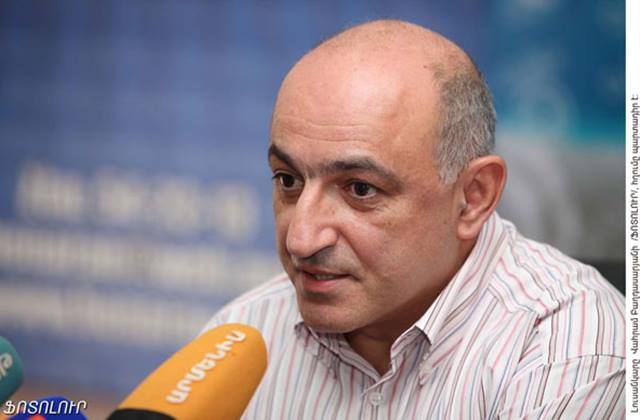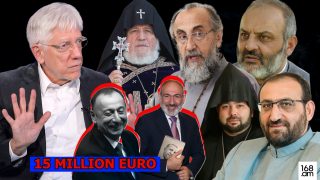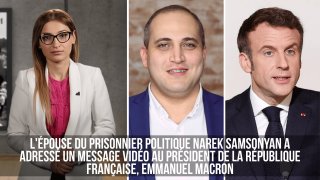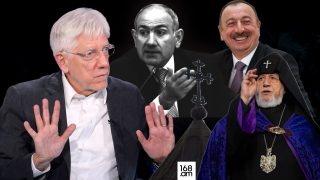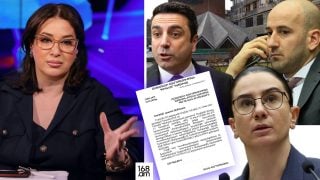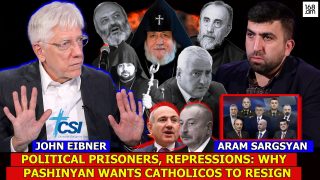
Due to EEU Uncertainty Persists in Armenia-EU Relations: Interview with Boris Navasardyan, Head of Yerevan Press Club
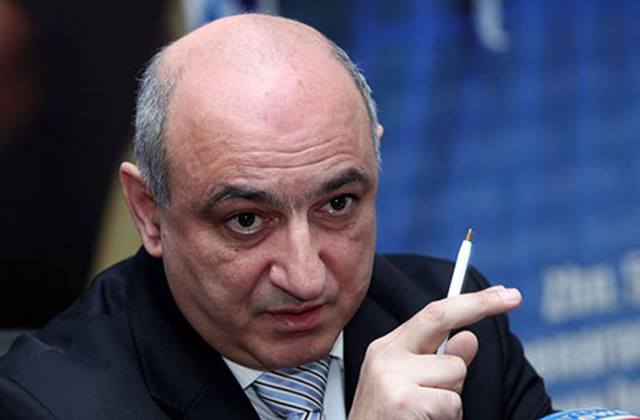
-Mr. Navasardyan, negotiations have launched between Armenia and the EU on development of new comprehensive agreement, against the background of which EU High Representative Federica Mogherini visited Armenia. What do you think by which the issue was highlighted?
–I have an impression that the EU officials are very cautious in negotiations with Armenia. It’s too important for them that another failure wasn’t registered, as it’s reflected on career and reputation of the EU officials in charge for negotiations, thus no one wants to appear in the situation in which appeared officials negotiating with Armenia in 2013. So, for the EU it’ll be very important to understand that rather general statement by Armenia’s senior officials, that Armenia-EU relations shouldn’t harm Armenia’s other integration processes, as today we speak of an accord, which presupposes legal restrictions, serious legal arrangements and liabilities, which means that negotiating parties should both comprehend their possibilities, liabilities, freedom borders, and as the EU has a special mandate on what kind of issues it may negotiate and what obligations it may assume, then there are no clear answers to likewise questions by Armenia’s representatives, until where Armenia’s freedom limit is, and by which we’re constrained in negotiating with the EU. I consider, this is an implication of the fact that even our authorities don’t imagine well the depth of Eurasian Economic Union (EEU), to what kind of new sovereignty concessions will be demanded, and to which extent those concessions may restrict in signing a new accord with the EU. Likewise uncertainty, surely, initiates some difficulties at the start of negotiations. I think, maybe not so much, with direct words, but with hints F.Mogherini introduced those concerns to our officials as well.
-In Yerevan F.Mogherini spoke of one of the crucial circumstances, in essence, blaming Armenia’s authorities, saying this time the society should become a participant of Armenia-EU relations. Negotiations have already been launched. Is there enough transparency? Is the society ready to express its say at this phase?
–Taking note of public opinion comes not only of Armenia’s society, but of the EU interests as well, as the latter wouldn’t want that relying on public opinion, like in 2013, Armenia refused another deepening of ties with the EU. However, naturally the EU is interested that there was stable political condition in Armenia, so that decisions not coming from the society’s perceptions on country’s development, weren’t adopted. It’s an important approach, and our authorities should also understand that parliamentary negotiations should remain in the past, otherwise any negotiation won’t have an outcome, especially when we understand quite well, that additional propaganda will be implemented, purpose of which will be discrediting EU-Armenia rapprochement process, so only under transparent conditions, uncovering details interesting to the society—societal support may be obtained through negotiations. Unfortunately, this consciousness still lacks, however, if the EU is consistent, it’ll be possible to reach that transparent process. Disposition of the EU is important here. The EU should set claims, there shouldn’t be just declarative words, but mechanisms should be worked out, as we all understand that whole content of negotiations can’t be literally served to the society, however, in any case, main and important issues on negotiations should reach to every RA citizen.
–Is transparency possible to maintain unilaterally?
–Unilaterally it’s not possible, it’s necessary that just from the very start condition should be set, that the process was as transparent as possible, i.e. if in the society, in mass media, fake news are spread on discrediting the process, they should be refuted on the highest level, after which the reality should be introduced, for which it’s necessary that the EU developed some communicative policy, what the participation of mass media and civil society in the process should be. There are mechanisms for the countries, which have signed Association Agreement, unfortunately, there are no certain initiatives, maybe it’s strange, as we don’t say that we’re able to have same level relations with the EU, like Georgia, Moldova and the Ukraine, however, this doesn’t mean that our mass media and civil society are less developed, than in those three countries. Thus, if we don’t yield from this side, we should make use of it and provide a process, which exists in case of Eastern Partnership three leading countries.
By Araks Martirosyan





